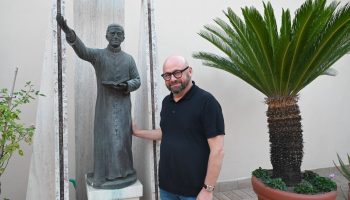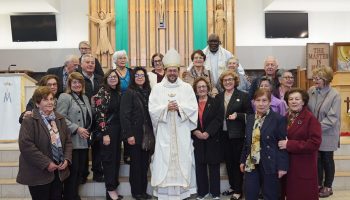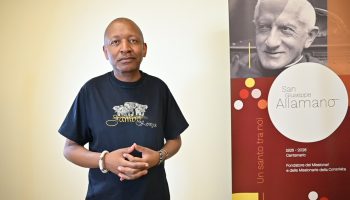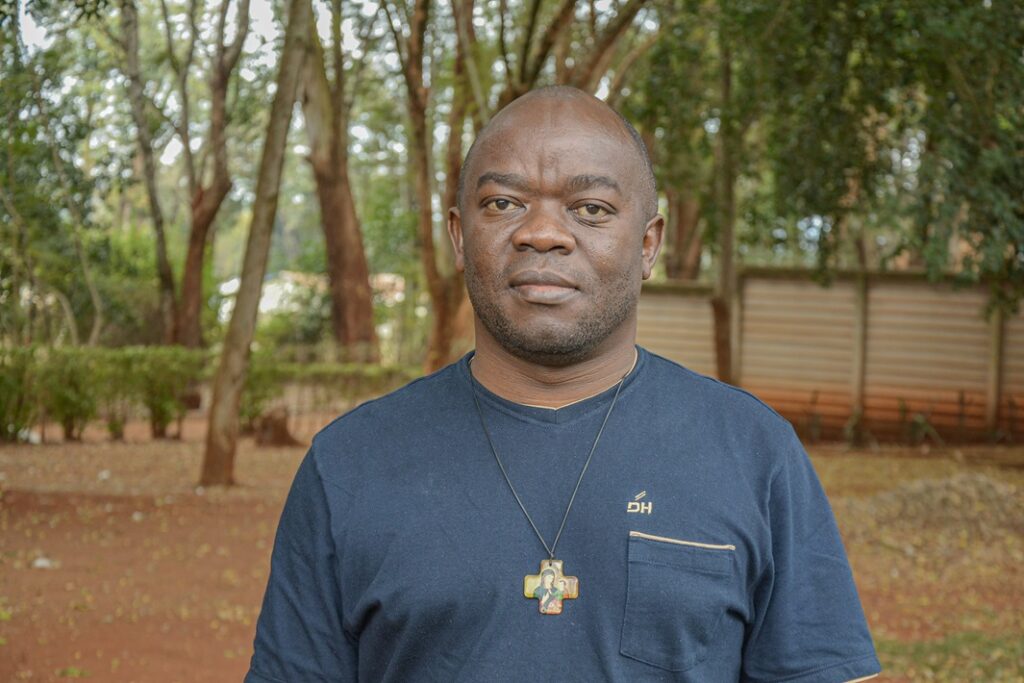
After a brief pause, we resume our Anthology of Consolata Missionary Experience in Africa, a journey across the 11 countries where the Consolata Missionaries are present. These missions are organized into seven circumscriptions: the South Africa–Eswatini Delegation, the Mozambique–Angola Region, the Tanzania–Madagascar Region, the Kenya–Uganda Region (the mother region), the Ethiopia Region, the Ivory Coast Delegation, and the DR Congo Region.
By Pascal Otieno*
Across these territories, Consolata Missionaries engage in a wide variety of ministries, parish work, first evangelization, education, healthcare, social outreach, and the formation of future missionaries.
In this instalment, our focus turns to Madagascar, a mission territory still undergoing the first evangelization and in urgent need of missionaries. Considered the youngest mission in Africa, Madagascar is attached to Tanzania as part of the same circumscription. In an insightful conversation, we speak with Fr. Jean Tuluba IMC, Councillor of the Region Tanzania-Madagascar, about the challenges and joys of establishing a new mission station in this unique and vibrant land.
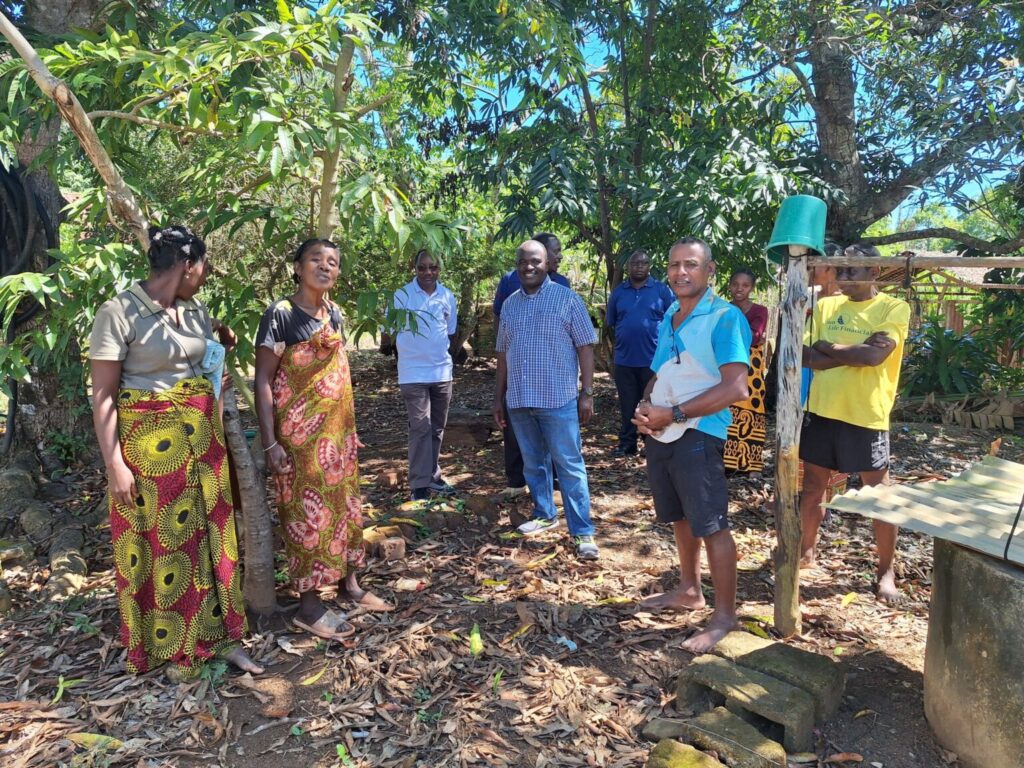
Q: Can you introduce yourself and your mission in Madagascar?
I am Fr Jean Tuluba IMC, a Consolata Missionary from DRC Congo, currently serving in Madagascar. For us, as Consolata Missionaries, Madagascar is a new mission territory. It was officially opened in 2018 by our General Government, and in 2019, I was part of the first group of missionaries sent there.
Madagascar is considered what we call an “Adgentes mission”, a mission focused on the first evangelization. We are based in the Diocese of Ambanja, in the northwestern part of the country, where we were entrusted with a mission area. It is not a parish in the usual sense, but something larger. It is a mission territory where people had no resident priest, and the need for pastoral presence is very high.
To put it into perspective, across the whole diocese, about 8% of the population are Christians. However, in our specific mission territory, only 3% are Catholics. That means our first and most urgent priority has been to establish a Christian community where none previously existed. This is what we Consolata Missionaries refer to as an Adgentes Mission.
Q: What has your experience been like in building up the Christian community there?
Our main work has been to form strong Christian communities. This begins with celebrating the Eucharist, offering catechesis, preparing people for the sacraments, and ongoing formation.
Over the six years of our presence, we have seen steady growth. Baptisms are celebrated at least three times a year, and encouragingly, the majority of those baptized are children and youth. This gives us hope for the future, because young people will eventually become missionaries themselves among their peers and families.
Adults coming into the faith are fewer, but the presence of children and youth is very promising. This also reflects the demographic reality of Madagascar, where majority of the population is very young.
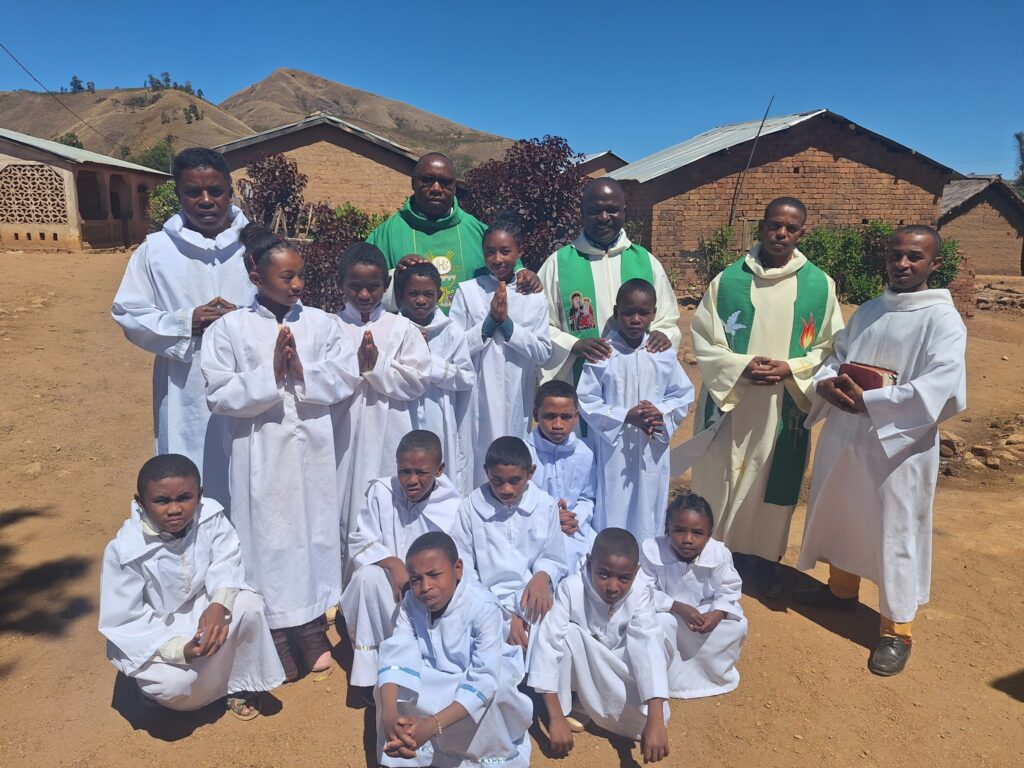
Q: How important is language and culture in your mission?
Arriving in Madagascar, one quickly realizes that language is essential. The official language is Malagasy, and everything, daily life, worship, and community work,is conducted in it. While French is theoretically recognized as a second official language, it is rarely used outside formal or administrative contexts.
For any missionary, learning Malagasy is not optional. It is the only language that unites the entire country. The advantage is that once you know Malagasy, you can communicate anywhere in Madagascar.
But along with language comes the challenge of adapting to culture. As missionaries, we cannot impose our own culture. Instead, we must humbly learn the local traditions, adapt, and work with the people where they are.
Q: What are the most pressing needs of the mission in Madagascar?
The needs are both human and economic. First, we need more missionaries, men and women ready to serve in Madagascar. The pastoral and evangelizing needs are immense, and with very few missionaries, it is difficult to respond adequately.
Second, we need financial support. At the moment, the local Church cannot sustain itself. Offerings (Sadaka) are too small to cover even basic liturgical expenses like wine and hosts for Mass. Evangelization is still in its early stages, and local support is minimal. For now, the mission depends on help from outside. However, we remain hopeful that in the future, as the community grows stronger in faith and organization, they will also take greater responsibility for supporting the mission.
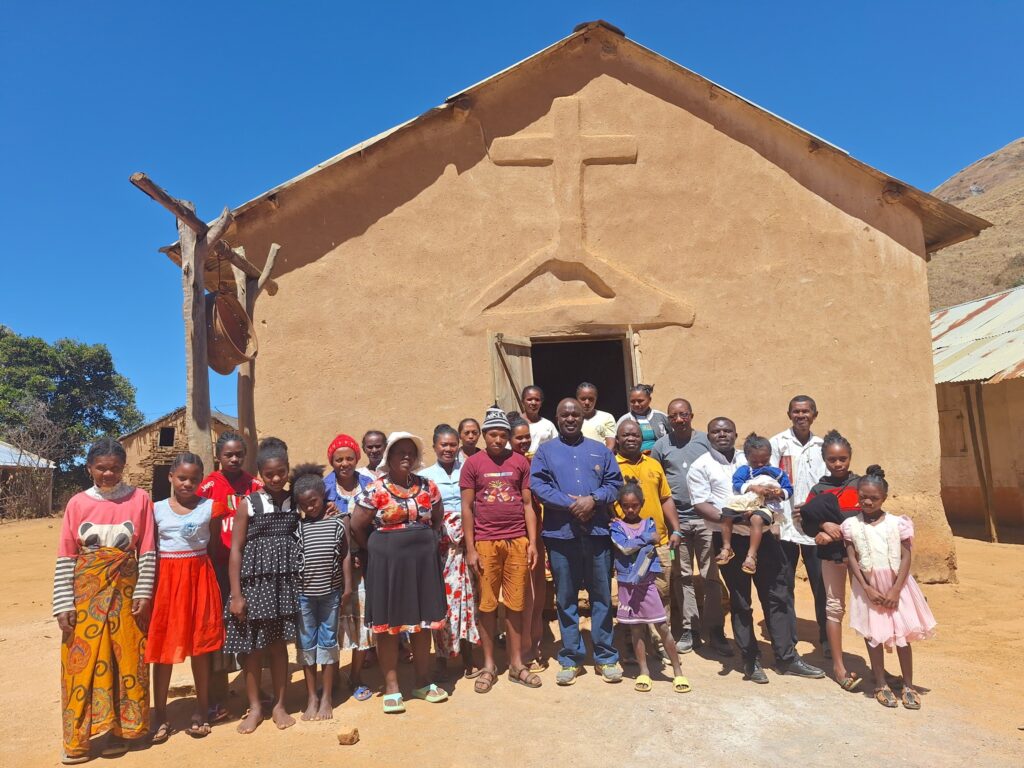
Q: How has attending this continental meeting strengthened your missionary spirit?
This meeting has been very valuable. It has given me the opportunity to share our experiences in Madagascar with other missionaries and Church leaders. It is also a space of learning, especially about leadership, both in our religious communities and in the local Christian communities we serve.
As the leader of our first Consolata community in Madagascar, I have gained insights and skills that will help me guide both my fellow missionaries and the Christian faithful with humility and service.
Q: How many Consolata Missionaries are currently in Madagascar?
At present, we are five missionaries serving in our first mission, called Beandrarezona Mission. They include: two from Kenya, two from the Democratic Republic of Congo, and one from Tanzania.
We are now discerning the opening of a second community. There are two possible locations: either in the capital, Antananarivo, or in Nosy Be, which is within the Diocese of Ambanja. We are waiting for our Superior to visit us so we can continue this discernment together.
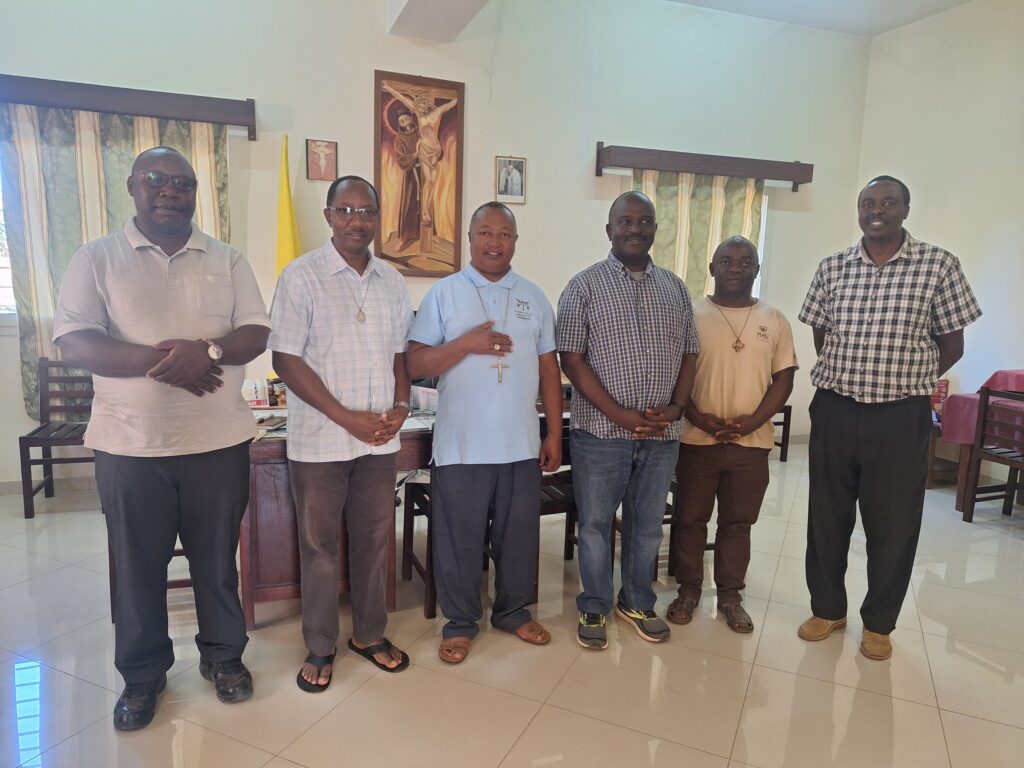
Q: For young missionaries considering Madagascar, what challenges should they expect?
The greatest challenges are language and culture. A new missionary must be ready to immerse themselves in Malagasy, and equally important, to learn and respect the local culture. Adaptation is key.
You cannot go with the idea of imposing your own culture or way of doing things. Instead, you must listen, learn, and walk with the people. This is the only way to serve effectively.
Q: What about the political and economic context in Madagascar? How does it affect mission?
Madagascar is politically unstable, and that instability affects every aspect of life, especially the economy. The country has immense natural potential, but poor governance prevents this potential from benefiting the people.
As in many parts of Africa, leaders often serve themselves rather than their people. As a result, many Malagasies believe that anything good must come from abroad. They often assume that missionaries, being foreigners, automatically have money.
This mindset was reinforced by the old missionary approach, where foreign missionaries provided everything for the people. We are trying to change this. As African missionaries, we do not have abundant resources, so we encourage the people to work with us and realize that they already have the resources and potential to improve their lives. Our role is to accompany them, build their faith, and empower them to take responsibility for their future.
* Paschal Norbert, is the Editor of CISA News.
The photos used in this publication were taken during the Canonical Visit to Notre Dame de la Consolata Parish – Beandrarezona, Madagascar, held from August 20 to September 1. The visit was conducted by Fr Erasto Mgalama, IMC (Councilor General for the African Continent) and Fr. Minja Rodrick, IMC (Superior of the Tanzania–Madagascar Region).

